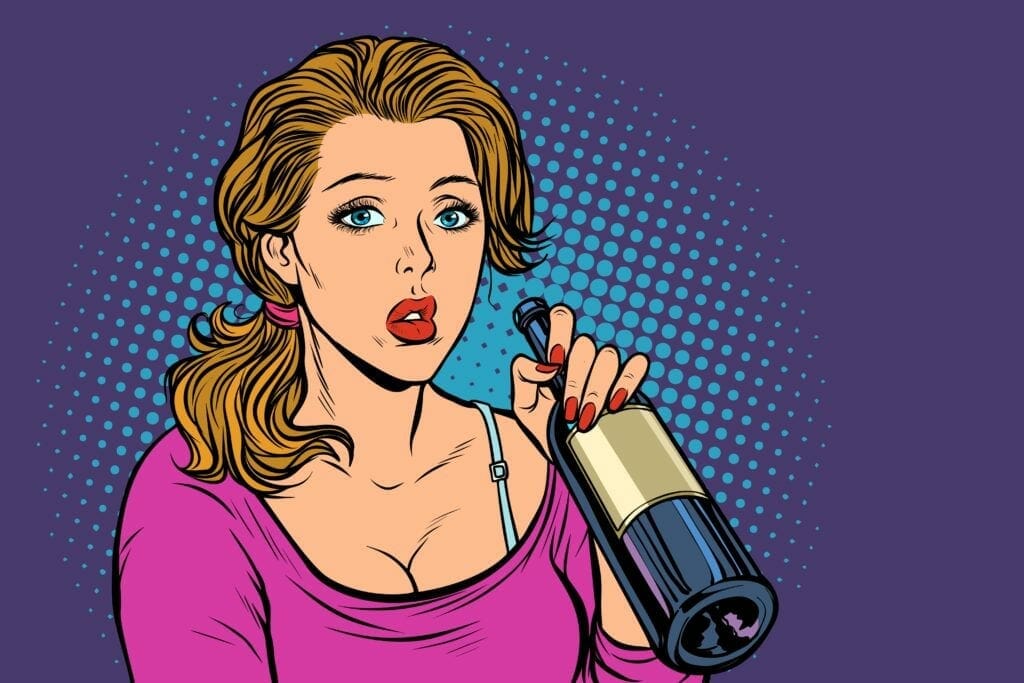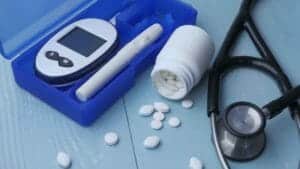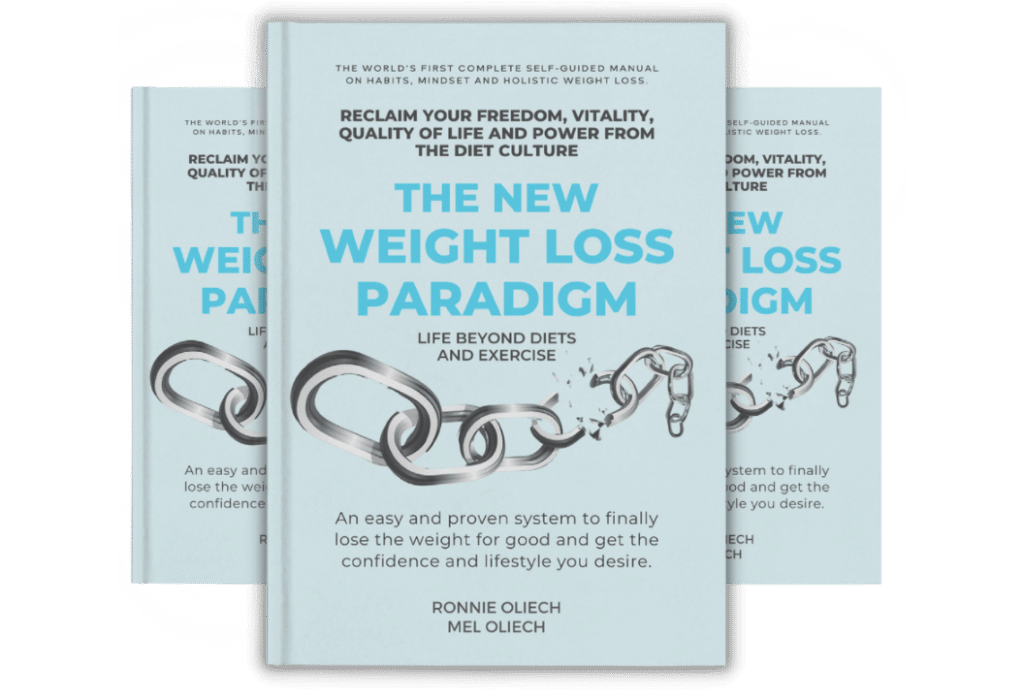Do you enjoy alcohol?
There’s nothing wrong with having the odd drink here and there, particularly on special occasions. But if drinking is a regular part of your life, you might be interested to learn how it’s impacting your weight and your body shape.
Here are 9 ways that alcohol and weight gain are linked.
#1 Excess calories
Many alcoholic beverages are high in sugar, which means they’re calorie dense, especially if you mix it with juices or soft drinks. Even wine or beer on their own can be high in sugar. And when it comes to ‘standard drinks’, how many of us stick to the 100ml of wine, or the 285ml of beer? A night out with a few drinks can lead to consuming a few hundred extra calories, which will have an impact on your weight. Imagine your calorie intake if you have a couple of drinks every day.
#2 Increased hunger
Alcohol and weight gain can also be put down to the effect drinking has on your appetite. Research has shown that alcohol can also cause increased appetite and levels of hunger, even if you’re full. So, you’re likely to eat more food, even if your body doesn’t need it. Even just 2 or 3 drinks can lead to a 30% increase in energy consumption!
#3 Poorer food choices
Alcohol lowers your inhibitions and often leads to poor decision-making. So, if you’re enjoying a beer or two, or a few glasses of wine, you’re more likely to make poor food choices, instead of choosing food that will support your weight loss efforts.
#4 Poorer digestion and nutrient uptake
When you drink alcohol, secretions in your digestive tract decrease. This leads to impaired digestive function and absorption of nutrients from food. This has a big impact on weight management.
#5 Reduces the likelihood of exercise
Having a ‘big night out’ can lead to a hangover the next day, or at the very least, feeling under par. This in turn means that you’re less likely to get out of bed, or off the couch and get some exercise. Instead, many people head for a ‘morning after’ fry-up as a way to cure their hangover, which is also high in calories. For the record, there is very limited research supporting this type of food as a hangover cure.
#6 Reduced muscle growth and increased fat accumulation
Another link between alcohol and weight gain is the effect it has on your muscle mass. Alcohol impairs your ability to grow and maintain muscle. It can also drop testosterone levels (important for weight loss and gaining lean muscle) while increasing cortisol, a hormone that destroys muscle. Muscle tissue is the single biggest influence on your metabolism; the more muscle you have, the higher your metabolism is. Cortisol also leads to increased fat accumulation.
#7 Poorer recovery
Because your liver will be working harder to get rid of the toxic by-products of alcohol, it won’t be able to clear out the lactic acid you produce when you exercise. This means you’ll lack your usual strength at your next training session, which will impact your weight loss and body shape results.
#8 Prevents the fat-burn
When you consume alcohol, your body burns this first as its preferred fuel source. When this occurs, excess glucose (sugar) and lipids (fats), aren’t used as fuel and instead, get stored in the body as fat.
#9 Impacts your sleep
It might surprise you to learn that alcohol can actually negatively impact your sleep. While it might help you drop off initially, research has shown that it can lead to increased periods of wakefulness during the night. As we’ve seen in a previous blog, lack of sleep can increase your appetite, increase your cravings for fat and sugar, and can lead to stress, which also impedes weight loss.
Alcohol and weight gain isn’t inevitable
At Imani Tribe, we don’t believe in cutting out entire food groups — including alcohol! However, if you’re serious about losing weight, or changing your body shape, there’s no getting around the fact that you’ll need to limit your alcohol intake.
If you feel your drinking is impacting your health and your weight, and you’re ready to do things differently, let us help you.


















